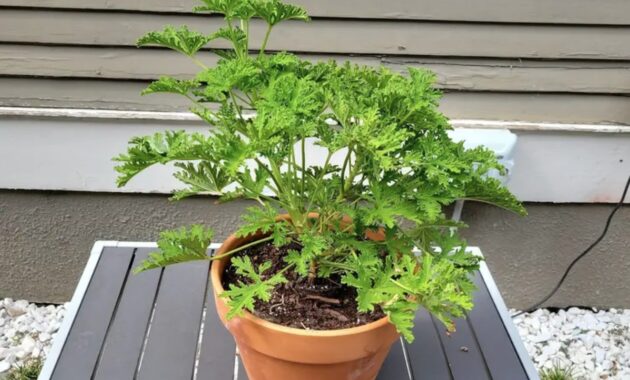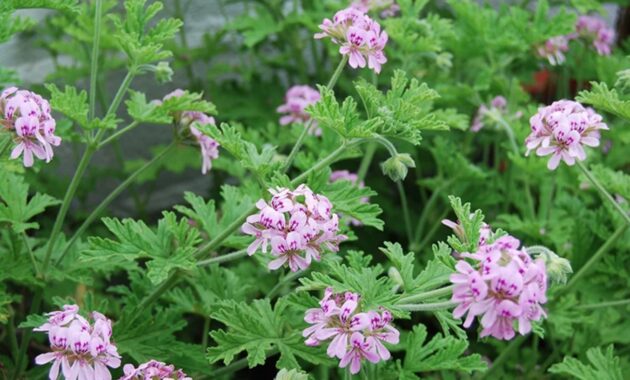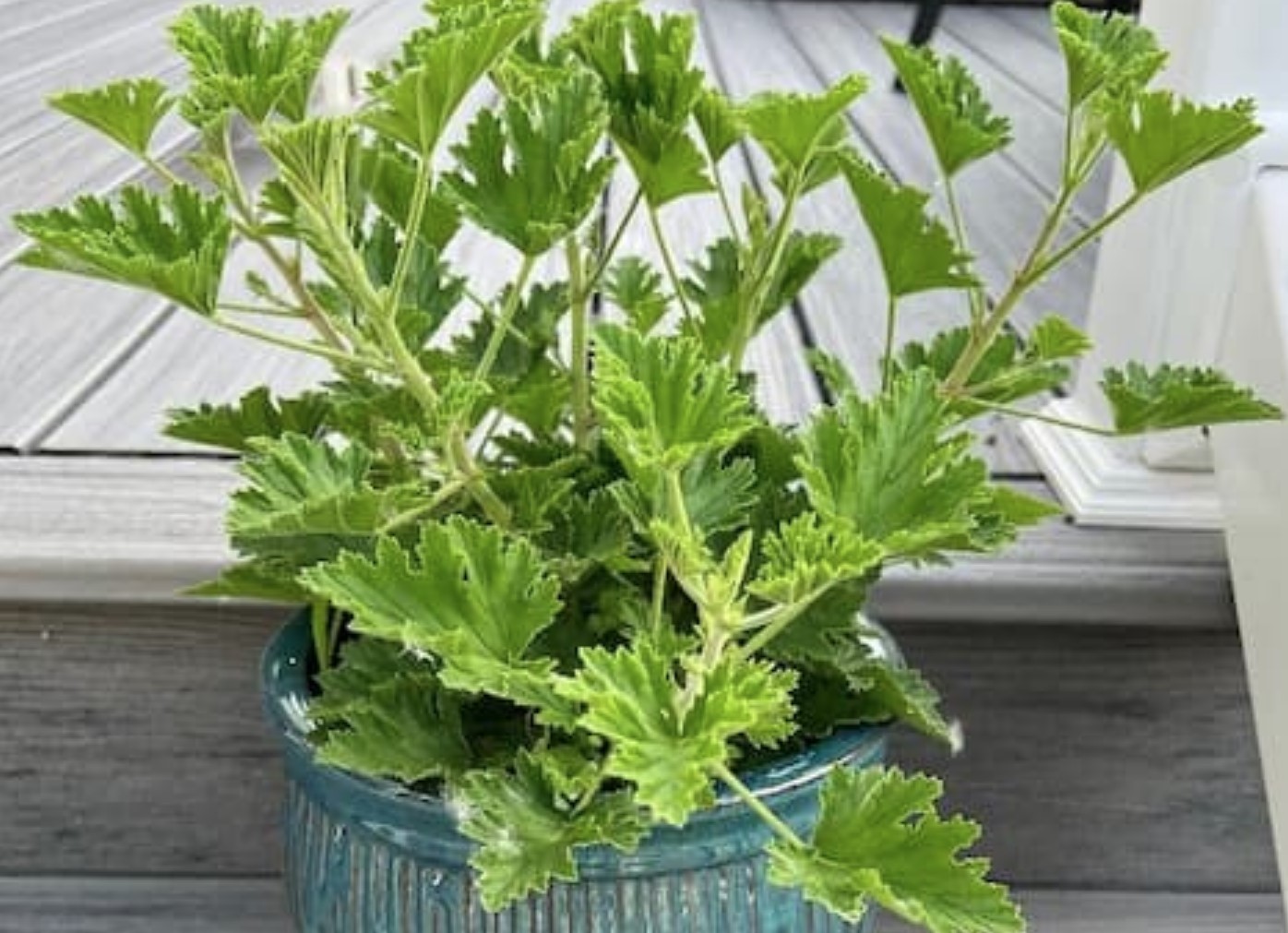
If you’ve ever been around a barbecue in the summer or found yourself sitting outside on a warm evening, chances are you’ve heard about the citronella plant. It’s often touted as nature’s solution to keeping those pesky mosquitoes at bay, but I’ve learned over the years that it’s got much more going for it than just that. Let’s dive into everything you need to know about the citronella plant and why I’ve come to love having it around, not just for its practical uses, but also for the simple beauty it adds to my garden.
Quick Overview of the Citronella Plant
| Feature | Description |
|---|---|
| Common Name | Citronella plant |
| Scientific Name | Cymbopogon nardus or Cymbopogon winterianus |
| Family | Poaceae (Grass family) |
| Native Range | Tropical Asia |
| Height | 2 to 5 feet (can grow taller in ideal conditions) |
| Light Requirements | Full sun to partial shade |
| Watering Needs | Moderate, well-drained soil |
| Primary Use | Mosquito repellent, essential oil production |
| Toxicity | Non-toxic to humans and pets |
| Growth Habit | Clumping, grass-like |
| Fragrance | Strong lemony scent |
My First Encounter with the Citronella Plant
I have to admit, I first bought the citronella plant because I was fed up with mosquitoes ruining my summer evenings. It was one of those spontaneous purchases at the local garden center where they had a big sign saying “Mosquito Repellent.” That alone sold me on it! I didn’t even think much about how to care for it or where I was going to put it. It’s funny how sometimes the most practical reasons lead to the most rewarding gardening experiences.
1. Citronella’s Fragrance: More Than Just a Mosquito Repellent
What I didn’t realize at the time was how much I would come to appreciate the strong lemony fragrance of the plant. Every time I brush past the leaves, that fresh citrusy scent fills the air, and it’s almost impossible not to take a deep breath and relax. It feels like aromatherapy in my backyard!
Over time, I learned that the scent comes from the essential oils in the plant, which are widely used in candles, sprays, and lotions. While the scent does help to repel mosquitoes, it’s also just an enjoyable smell to have around the garden. I often pick a few leaves, rub them between my hands, and just breathe in the refreshing aroma.
Growing Citronella: Tips and Tricks from Experience
Over the years, I’ve made my fair share of mistakes while trying to grow and maintain my citronella plants. But those errors taught me valuable lessons, and now my citronella thrives year after year. Here’s what I’ve learned:
1. Light Requirements: Full Sun Is Best
Citronella loves full sun, and if you want your plant to grow large and healthy, you’ve got to give it plenty of it. In my early gardening days, I made the rookie mistake of planting my first citronella in a shady corner of my yard. Needless to say, it didn’t thrive. Now, I keep it in a sunny spot on my deck, and it’s grown significantly taller and bushier.
2. Watering: Don’t Overdo It
This plant likes its soil to be well-drained. I learned the hard way that overwatering can lead to root rot, especially if the soil becomes waterlogged. It’s better to let the soil dry out a bit between waterings. In fact, I’ve found that citronella is relatively low maintenance when it comes to watering, which is perfect for someone like me who tends to forget about watering on occasion!
3. Pruning for Health and Shape
Pruning is essential if you want to keep your citronella plant looking its best. I make a habit of trimming it back every few weeks during the growing season to keep it from getting too leggy. Plus, pruning encourages new growth, making the plant even bushier. And, of course, every time I prune, I end up with handfuls of those lovely lemon-scented leaves that I sometimes scatter around the patio.
4. Bringing It Indoors for Winter
If you live in a colder climate, like I do, citronella won’t survive the winter outdoors. This is a tropical plant that needs warmth. So, at the end of each growing season, I bring mine inside. It’s a bit of extra work, but totally worth it to have that refreshing scent indoors during the colder months. Just make sure it gets plenty of sunlight even when indoors—I usually place mine near a sunny window.
Common Misconceptions About the Citronella Plant
When I first bought a citronella plant, I thought simply having it around would keep mosquitoes at bay. Spoiler alert: It’s not quite that simple!
1. Myth: Having a Citronella Plant Nearby Will Keep All Mosquitoes Away
This is one of the biggest myths out there, and I’ll be honest—I fell for it too. Just having a citronella plant sitting on your patio won’t be enough to completely stop mosquitoes from showing up. To truly benefit from its repellent properties, you need to either crush the leaves and rub them on your skin or use citronella oil in candles or sprays.
2. Myth: Citronella Plants Are Difficult to Grow
Some people shy away from growing citronella because they think it’s high-maintenance. In my experience, once you get the hang of it, citronella is actually quite easy to care for. As long as it’s in a sunny spot with well-drained soil and you avoid overwatering, it’s a pretty hardy plant.
Using Citronella in Everyday Life
One of my favorite things about citronella is its versatility. Over the years, I’ve found several ways to incorporate it into my daily life:
1. Homemade Citronella Sprays
I love making my own natural bug spray using the citronella plant. I simply boil the leaves, let the mixture cool, and strain it into a spray bottle. It’s a simple, chemical-free alternative to store-bought repellents, and I feel a lot better about using it around my kids and pets.
2. Citronella Candles
I’m a big fan of citronella candles, and knowing that the essential oil comes from the plant in my backyard makes me appreciate them even more. During summer evenings, I’ll light a few candles and place them around the patio for both ambiance and mosquito protection.
3. Tea and Infusions
Believe it or not, citronella can be used in teas and infusions. I sometimes add a couple of crushed leaves to my herbal teas for a refreshing, lemony flavor. It’s a great way to add a little something extra to a simple cup of tea.

The Environmental Benefits of Citronella
On top of its practical uses, citronella plants offer environmental benefits too. They are non-toxic, making them a great option for households with pets and kids. I’ve also noticed that citronella seems to attract fewer pests compared to other plants in my garden, which is a win-win.
Conclusion: Why You Should Have a Citronella Plant in Your Garden
Whether you’re looking for a natural mosquito repellent or just want to add a fragrant, easy-to-care-for plant to your garden, the citronella plant is a fantastic choice. It’s become a staple in my home, not only for its practical uses but also because I genuinely enjoy its presence—whether I’m breathing in its lemony scent or using its leaves for homemade remedies.
So, if you’ve been on the fence about adding a citronella plant to your collection, I say go for it! With the right care, it can bring so much to your garden or patio, from its beauty and fragrance to its usefulness as a natural bug repellent. Plus, who doesn’t love a plant that makes summer evenings more enjoyable?



